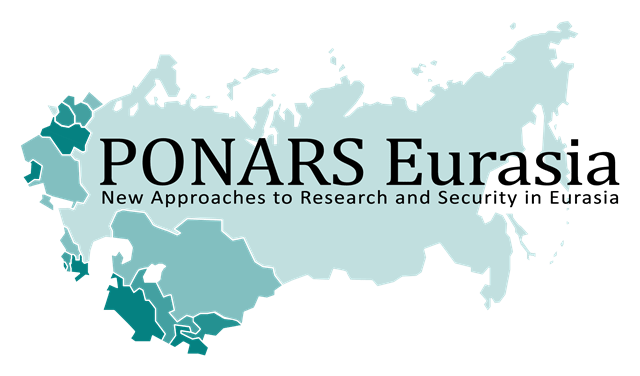Although Ukraine was briefly independent at the end of World War I and was occupied by the Nazis during World War II, those were the only gaps in the roughly 350 years of control from Moscow or St. Petersburg. The disintegration of the Soviet Union at the end of 1991, and the emergence of Ukraine as an independent state, drastically changed the political complexion of Eastern Europe. For several years after 1991, the relationship between Ukraine and Russia was uneasy and at times acrimonious. By the end of the 1990s, however, the tensions and quarrels that once divided the two countries had largely subsided. Indeed, some observers have even begun to speculate that Ukraine will eventually emulate Belarus in seeking a tight political and military alliance–or even a union–with Russia. The political crisis that began in Ukraine in the fall of 2000 may well accelerate this trend.
For US policymakers, these developments pose a dilemma. On the one hand, the US government has supported the establishment of a strong, independent, and democratic Ukraine that will be a firm barrier against any attempt to restore the Soviet Union. Ukraine has been the third-largest recipient of US aid since 1992 (after Israel and Egypt), having obtained more than $2 billion in total. On the other hand, the United States has sought to diminish and forestall tensions between Ukraine and Russia and to ensure that the two large, neighboring states live peacefully together.
The balance between these two objectives has not always been easy to strike. Early on, US officials were concerned that the Russian government had not genuinely accepted Ukrainian independence. The goal of a strong, independent Ukraine seemed to be at odds with Russia’s desire to be a “great power.” Over time, the independence of Ukraine came to be more widely accepted in Moscow, but the difficulty of balancing US relations with Ukraine and Russia persisted. Although US officials tried to discourage overt talk of the prospect of Ukrainian membership in the North Atlantic Treaty Organization (NATO), they went out of their way to involve Ukraine in NATO’s activities, including Sea Breeze military exercises, which were viewed in Moscow in an unfavorable light. (Russia itself was invited to take part in the exercises, but declined to do so before 2001.) Thus, some of the steps taken by the US government to reinforce Ukrainian independence ended up causing frictions in Ukrainian-Russian (and US-Russian) relations. […]









